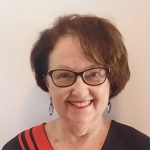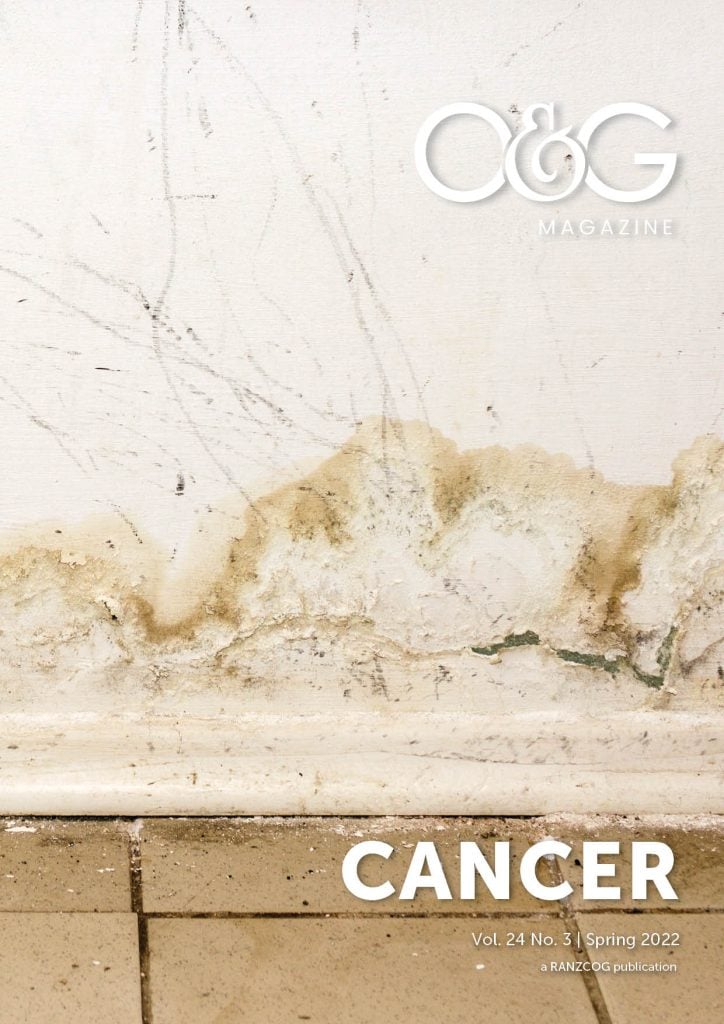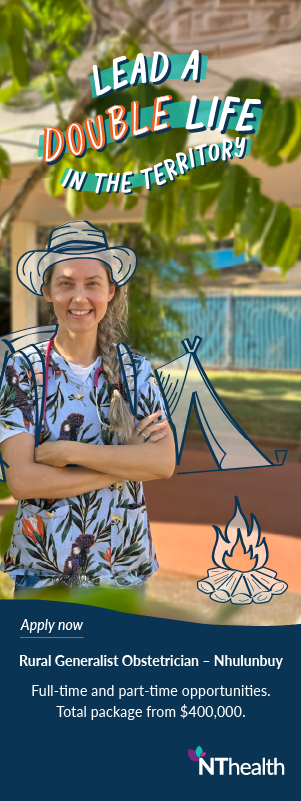As a gynaecological cancer survivor, multiple award recipient, a gynaecological, sexual and associated mental health awareness campaigner and systemic advocate with 27 years of experience, it stills stuns me that women are too fearful to ask questions and lack the basic knowledge of women’s anatomy, let alone the capacity to grasp the implications of gynaecological cancers. And I have been considering what it is about our health system that perpetuates this.
Many women over the years have shared with me their stories of suffering in silence, with some silence leading to death through lack of early diagnosis. Stories of attending appointments where they are seen briefly, given a diagnosis, handed a piece of paper and informed to follow the health treatment plan. Yet the moment they walk out that door, the details of the conversation swirl in their heads, they feel overwhelmed by the implications of their cancer diagnosis, all the questions they wanted to ask flood them and they know that they will not have access to their medical professional again without significant effort. Consequently, they often seek their information from unreliable sources like Dr Google and online support groups.
For some, their medical professional will never know what they are thinking because they paint a smile, nod their heads and pretend they understand what is being told to them because they don’t want to appear ignorant. Yet internally, their world view is spinning, especially where the diagnosis relates to their female genital area or their future impacts on their sexual capacity.
As a medical professional, you are in the privileged position of holding information that can bring healing, or at least soften the blow. You are also intelligent, connected and able to command respect from others. People listen to what you have to say and generally, believe in your diagnosis. Juxtaposed next to this is a woman who is informed by her closest friends and family or Dr Google, is searching for answers to what can be very life-limiting conditions or even life ending and she is vulnerable, hurting and afraid. How then can the medical profession share power to create greater balance so that women play a greater role in their healing, which ultimately will reduce the pressure on the medical professional and the health system?
They say that knowledge is power. My tireless efforts in drawing attention to gynaecological health revolves around the concept that sharing information transforms the landscape for women.
Women are the threads that knit our communities together. They are constantly stressed through changing hats, working and caring for families and friends. When their anatomy is challenged, so are all these functional hats that they wear, and we lose threads from that fabric. When we consider the large volumes of women who are daily challenged in the workplace and home front because of gynaecological cancers, there is much to be done to keep our women healthy. One way we can do this is to empower them with knowledge and another is to show our support through participation.
Medical professionals can have a higher level of engagement with women without spending a lot more time in appointments by:
- Recognising that there is stigma, embarrassment and shame that surrounds conversations relating to gynaecological, sexual and associated mental health conditions, especially cancers. Acknowledge that the woman may be embarrassed and validate their emotional experience. To you it may just be anatomy, but to them it may feel like their identity is being challenged.
- Practice health literacy, where the onus is on the medical professional to ensure that any information given is understood by the patient. Give information about treatment plans in a written format that utilises plain English. A printed plan will allow them to reflect on the treatment after the shock wears off and to identify questions they need to ask. It will also allow them to share that information with the people that support them.
- Refer them to support services if it is a diagnosis that will impact their day-to-day functioning. Emotional and practical support is essential to support the physical and mental wellbeing while journeying with their cancer diagnosis. Do not undervalue peer support services and the power of women sharing stories with people who have been through the same or similar situations.
- Support community events, such as the International Gynaecological Awareness Day (Red Knickers Day Campaign 2022, 10 September), which is gaining global momentum. Play an active role, collaborate with community partners to create events that create awareness and reduce stigma. This in turn will create greater community interest to fund research and support services, a win/win.
Women and medical professionals as partners can achieve miracles, as saving and repairing bodies is heroic work.
Our feature articles represent the views of our authors and do not necessarily represent the views of the Royal Australian and New Zealand College of Obstetricians and Gynaecologists (RANZCOG), who publish O&G Magazine. While we make every effort to ensure that the information we share is accurate, we welcome any comments, suggestions or correction of errors in our comments section below, or by emailing the editor at [email protected].






Leave a Reply